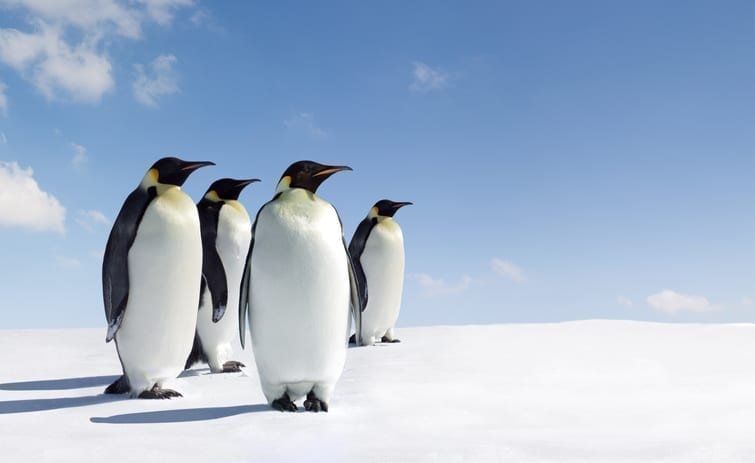While plastic has been under a lot of fire lately, sometimes it’s the most environmentally friendly option for packaging. The problem is not plastic – it’s what we do with it.
The UK lacks a harmonised recycling service, meaning that facilities vary from region to region. Some county council kerbside collection schemes don’t accept certain mixed plastics, making it more difficult for us to treat plastic as the valuable material it really is.
The problem with plastics
There are more than 50 different types of plastic available, making it more difficult to sort and reprocess than other materials. Nearly all can be recycled, depending on whether the technology to sort and process is available where you live. Packaging that consists of more than one polymer type makes it more difficult – and therefore more expensive – to recycle.
Some plastics that are technically recyclable are sent to landfill for the unacceptable reason that sorting machinery and recycling facilities vary from county to county.
To combat regional recycling differences, Weleda has teamed up with recycling experts TerraCycle to ensure that all Weleda packaging can be recycled in the UK, wherever you live and irrespective of your local council’s attitude to plastic.
Weleda’s soft touch tubes are made from a partially recycled mixed plastic, which is mainly 50% recycled HDPE (high density polyethylene).
To avoid any of Weleda’s recyclable plastic going to landfill, the clean beauty pioneer has teamed up with TerraCycle.
Until the UK’s recycling facilities match those elsewhere in Europe, customers who can’t recycle some Weleda tubes locally can return their empties to their local Weleda Wellbeing Advisor or collection point. TerraCycle will award points for the waste collected, which can then be redeemed for a charitable donation to schools, charities and non-profit organisations. Downstream, the recycled plastics are made into new products such as garden furniture.
Penguin conservation
The upside to working with TerraCycle is that Weleda will raise funds for The Global Penguin Society (GPS), which is protecting penguins around the world. Their plight has been shared through Sir David Attenborough’s stunning series Dynasties.
Every 10kg of Weleda packaging recycled with TerraCycle in 2019 will raise nearly £10 for the GPS, which was founded in 2009 by marine biologist Dr Pablo Borboroglu, from Argentina.
The GPS is the world’s first coalition for the protection of penguins. It combines science, management and education to protect penguins across the Southern Hemisphere and use them as a flagship for wider conservation of the marine environment.
Over half of the world’s 18 species of penguin are listed as Vulnerable or Endangered by the International Union for the Conservation of Nature. Threatened by poor fisheries management, pollution and climate change, penguins also face pressure on land from coastal development, irresponsible tourism and introduced predators.
Pablo is spearheading large-scale action to address these threats, balancing local guardianship with strengthening national and international protection. Over the past 29 years, the work of the GPS has brought together over 125 organisations and benefited 1.2 million penguins in four continents. Their data are helping to justify ocean protection and underpin management for penguins and other marine wildlife.
 Play Video about This Rock Might Just Save The World
Play Video about This Rock Might Just Save The World Play Video about Play 2 hours of rock
Play Video about Play 2 hours of rock Play Video about Play 2 hours of brook
Play Video about Play 2 hours of brook Play Video about Play 2 hours of sheep
Play Video about Play 2 hours of sheep









































